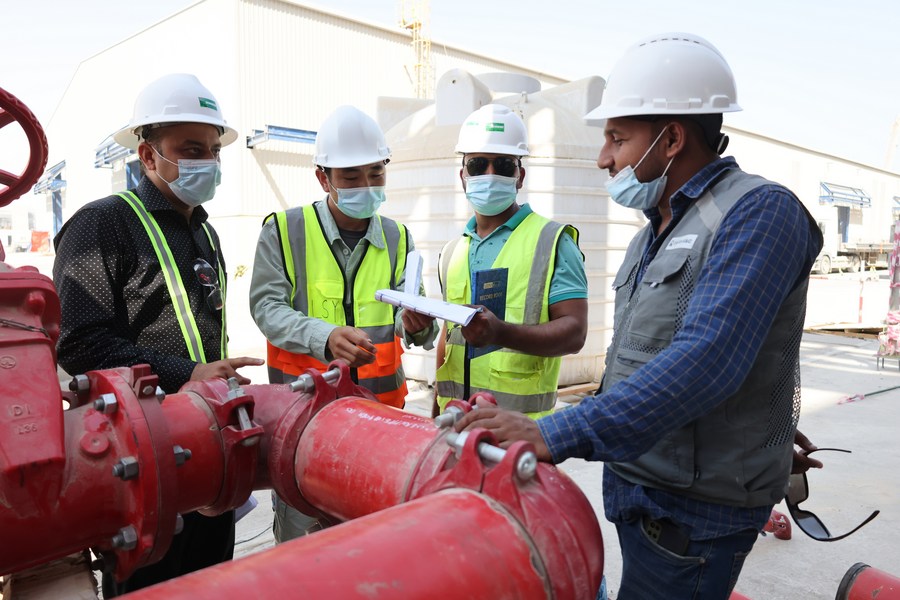A Call for Closer Relations Between China and the Arab States

In the 21st century, relations between the two regions have continued to progress in a fluid international landscape, and reciprocal learning between the different civilizations has seen historical developments in both breadth and depth.
If the retreat, or rather, the escape of U.S. forces from Kabul in August 2021 marked the defeat of American military supremacy and its inevitable decline, no longer allowing it to maintain aggression and occupation in scenarios around the world, then China’s foreign policy has since proven quite effective in building the foundations for economic and technological cooperation in the Persian Gulf and the Middle East. This is most clearly demonstrated via recent summits with the oil countries of the Gulf Cooperation Council as well as the first China-Arab States summit.
As such, Chinese diplomacy has achieved new successes in the Middle East, with official speeches and detailed media reports underlining that, for China, “a new era has begun in the relations with Saudi Arabia and the Arab world.”
China’s relations with Arab states are also a positive example of “South-South cooperation.” The two sides have set up 17 win-win mechanisms within the Forum on China-Arab States cooperation. In 10 years, the volume of Sino-Arab trade has increased by $100 billion to more than $300 billion, and direct Chinese investment in Arab states has increased 2.6 times, up to $23 billion. In addition, more than 200 projects have been implemented under the Belt and Road Initiative.
But it’s not just business that continues to develop. Given that the world has entered a new period of turbulence and transformation, the Middle East is undergoing new and profound changes, and China is supporting the efforts of Arab states to independently explore a development path suited to their national conditions and allowing them to take firm control of their own destiny. That is, to open them up even more to relations with the East.

Meanwhile, to build an Arab-Chinese community with a shared future in the new era, China has proposed that Arab leaders collaborate to promote eight important cooperations regarding development support, food security, health, green innovation, energy security, dialogue between civilizations, youth training, as well as security and stability within three to five years. These eight sectors encompass areas where rapid results can be achieved and can be built up together to create an even brighter future for Arab-Chinese relations.
In these bilateral agreements, space has also been reserved for transport and logistics and, above all, for energy and hydrogen technology development as well as for photovoltaic and information technology. An agreement to cooperate and provide legal assistance in civil and commercial matters, a memorandum for teaching the Chinese language, and a memorandum to encourage direct investment were also signed.
Trade agreements between China and Saudi Arabia already strongly favor Riyadh, including a total of $57 billion in exports against $30.3 billion in imports. Saudi Arabia is China’s largest supplier of crude oil, with 81 million tonnes exported in 2021, and China is Saudi Arabia’s largest trading partner. In the Gulf region, Riyadh topped the list of Chinese foreign investment destinations in the past 20 years, totaling $106.5 billion, ahead of Kuwait with $97.6 billion and the United Arab Emirates with $46 billion.
China and the Arab states have gradually established diplomatic relations since the 1950s, and the two sides understand and respect each other, acting as good partners on the basis of equality and mutual benefit. In the 21st century, relations between the two regions have continued to progress in a fluid international landscape, and reciprocal learning between the different civilizations has seen historical developments in both breadth and depth.
Imma Elenoire Laudieri Di Biase is a sinologist and international analyst.
 Facebook
Facebook
 Twitter
Twitter
 Linkedin
Linkedin
 Google +
Google +










